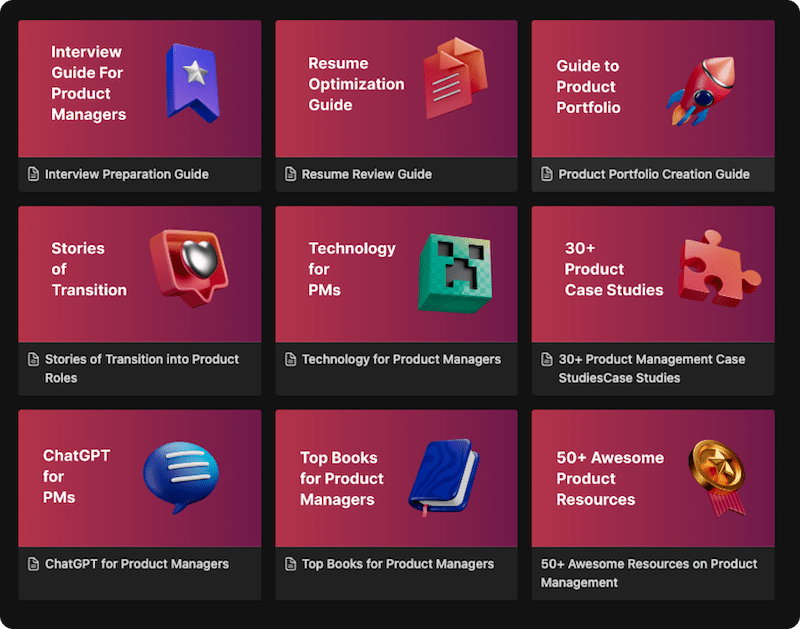Book Summary of 7 Habits of Highly Effective People by Stephen R. Covey
“The 7 Habits of Highly Effective People” is a seminal self-help book that offers a comprehensive framework for personal and interpersonal growth. Covey presents seven foundational habits that lead to effectiveness, emphasizing the importance of proactivity, personal leadership, and principles-centered living. The book provides practical guidance for achieving success and fulfillment in all areas of life, from building healthy relationships to reaching long-term goals.
Outline Summary: The book is structured around the seven habits, divided into two parts. Part I explores habits related to self-mastery and personal growth, focusing on private victories. Part II delves into habits centered on building healthy relationships and effective communication, leading to public victories.
Core Elements of the Book
- Habit 1: Be Proactive – Covey advocates for taking responsibility for one’s life and choices. Being proactive means recognizing that one has the freedom to choose their responses to situations and taking initiative to shape their future.
Example: A person facing a challenging work environment can choose to be proactive by seeking solutions and finding ways to improve their skills rather than blaming external factors for their difficulties.
- Habit 2: Begin with the End in Mind – Covey urges readers to develop a clear vision of their goals and purpose in life. Starting with a well-defined end goal enables individuals to align their actions with their values and priorities.
Example: A professional striving for career growth can begin with the end in mind by setting long-term career objectives and breaking them down into smaller, achievable milestones, creating a roadmap for their development.
- Habit 3: Put First Things First – Covey emphasizes effective time management and prioritization. Putting first things first involves focusing on activities that align with one’s goals and values, while avoiding distractions and time-wasting activities.
Example: A student preparing for exams can put first things first by dedicating focused study sessions to key subjects rather than getting sidetracked by unrelated activities.
- Habit 4: Think Win-Win – Covey introduces the concept of an abundance mentality, which encourages seeking mutually beneficial solutions in interactions with others. Thinking win-win promotes collaboration and cooperation, fostering healthy relationships.
Example: In a negotiation, instead of trying to outdo the other party, a person with a win-win mindset seeks a solution that meets the needs and interests of both parties, leading to a more successful and sustainable agreement.
- Habit 5: Seek First to Understand, Then to Be Understood – Covey emphasizes the importance of empathetic listening and genuine understanding in effective communication. By seeking to understand others’ perspectives before sharing their own, individuals can build stronger connections and resolve conflicts.
Example: In a team meeting, a leader seeks first to understand team members’ concerns and feedback before sharing their own ideas and decisions, creating a more collaborative and inclusive environment.
- Habit 6: Synergize – Covey promotes the power of teamwork and creative cooperation. Synergizing involves valuing diversity and leveraging different perspectives to generate innovative solutions and achieve greater outcomes.
Example: A diverse group of professionals working on a project can synergize by encouraging open dialogue, exchanging ideas, and building on each other’s strengths, leading to a more robust and creative solution.
- Habit 7: Sharpen the Saw – Covey emphasizes the importance of self-renewal and continuous improvement. Taking care of one’s physical, mental, emotional, and spiritual well-being enables individuals to sustain their effectiveness and achieve long-term success.
Example: A professional who regularly engages in physical exercise, reads books to expand their knowledge, practices mindfulness, and nurtures meaningful relationships is sharpening the saw to maintain optimal productivity and well-being.
Practical Application
- Be proactive in taking ownership of your life and choices.
- Define your long-term goals and begin with the end in mind.
- Prioritize tasks that align with your goals and values to put first things first.
- Embrace a win-win mindset in interactions with others, seeking mutual benefit.
- Practice empathetic listening to understand others before expressing yourself.
- Foster synergy by valuing diversity and collaborating with others.
- Prioritize self-renewal and continuous improvement to sustain effectiveness.
Check out more about the book here👉 https://amzn.to/3pYIS3U
Core Lessons
- Personal effectiveness starts with taking responsibility and aligning actions with values and goals.
- Effective communication and healthy relationships stem from empathetic listening and mutual understanding.
- Synergy and creative cooperation lead to innovative solutions and greater success.
Key Takeaways
- “The 7 Habits of Highly Effective People” provides a transformative framework for personal growth and interpersonal effectiveness.
- Embracing the seven habits fosters proactivity, effective communication, and successful collaboration.
- By applying the habits, individuals can lead purpose-driven lives, build healthy relationships, and achieve lasting fulfillment and success.
In conclusion, “The 7 Habits of Highly Effective People” by Stephen R. Covey offers timeless principles and actionable strategies for personal and interpersonal excellence. By cultivating these seven habits, individuals can empower themselves to become highly effective in all aspects of life, leading to a more meaningful and fulfilling journey of personal growth and success.
 WATCH HELLOPM COHORT IN ACTION
WATCH HELLOPM COHORT IN ACTION


